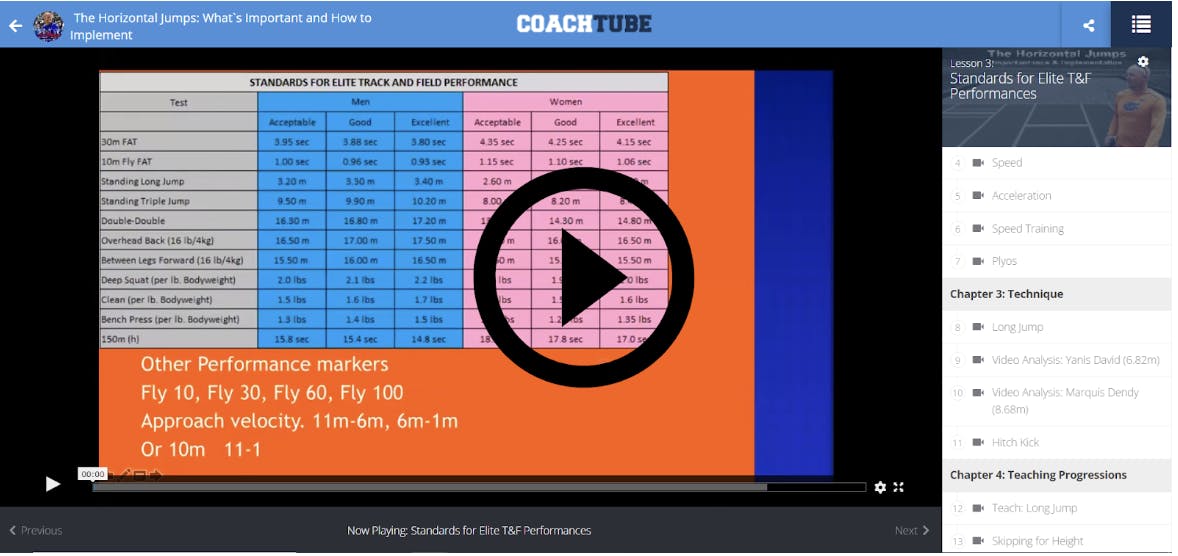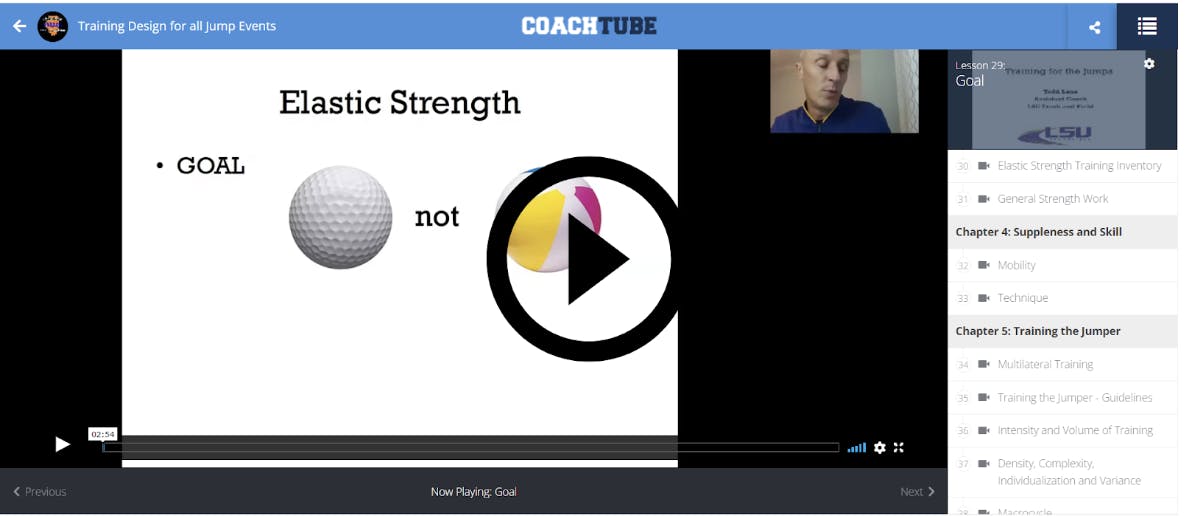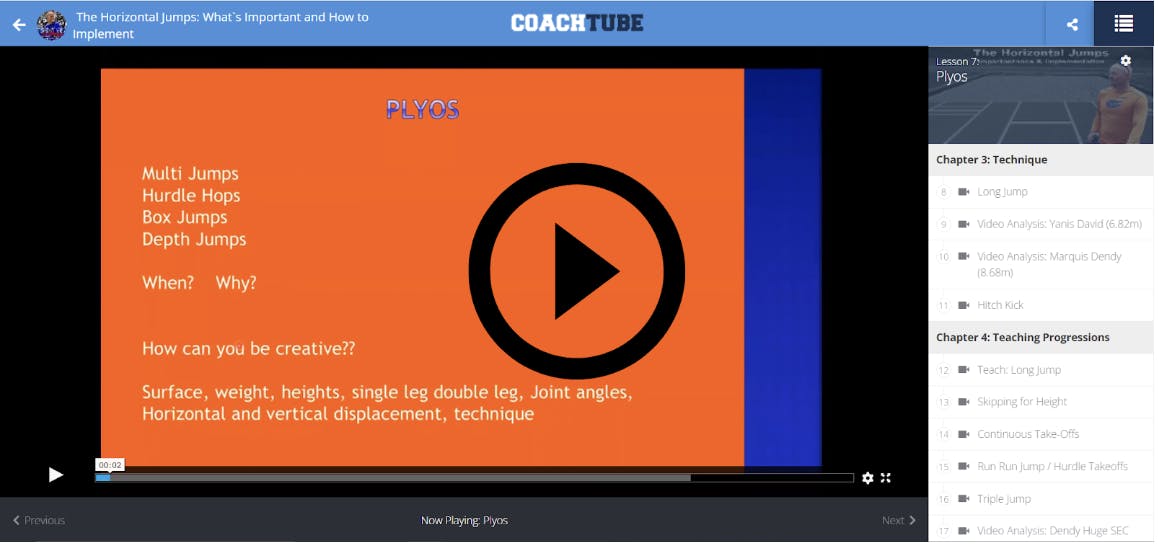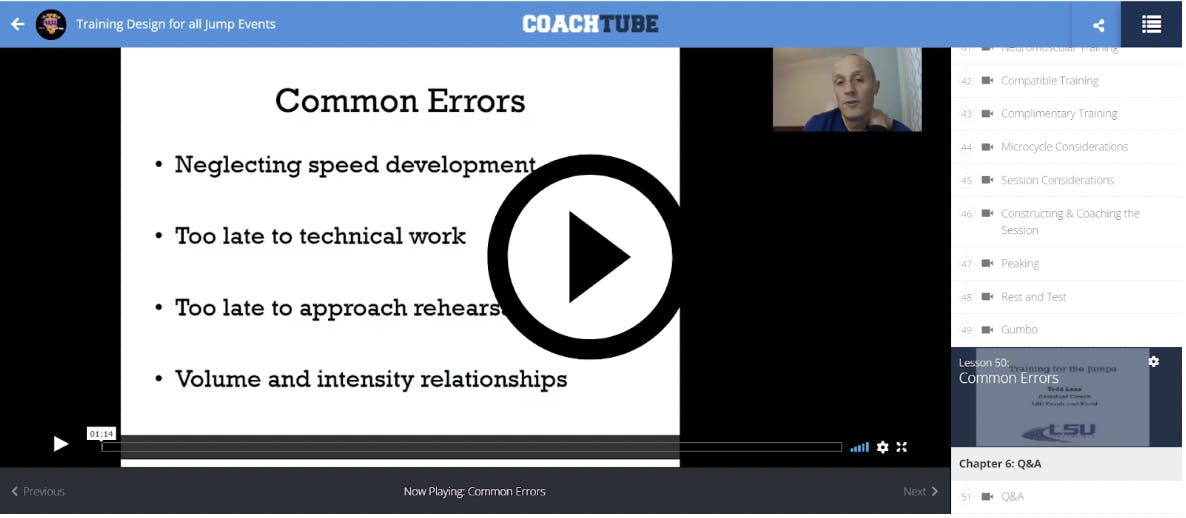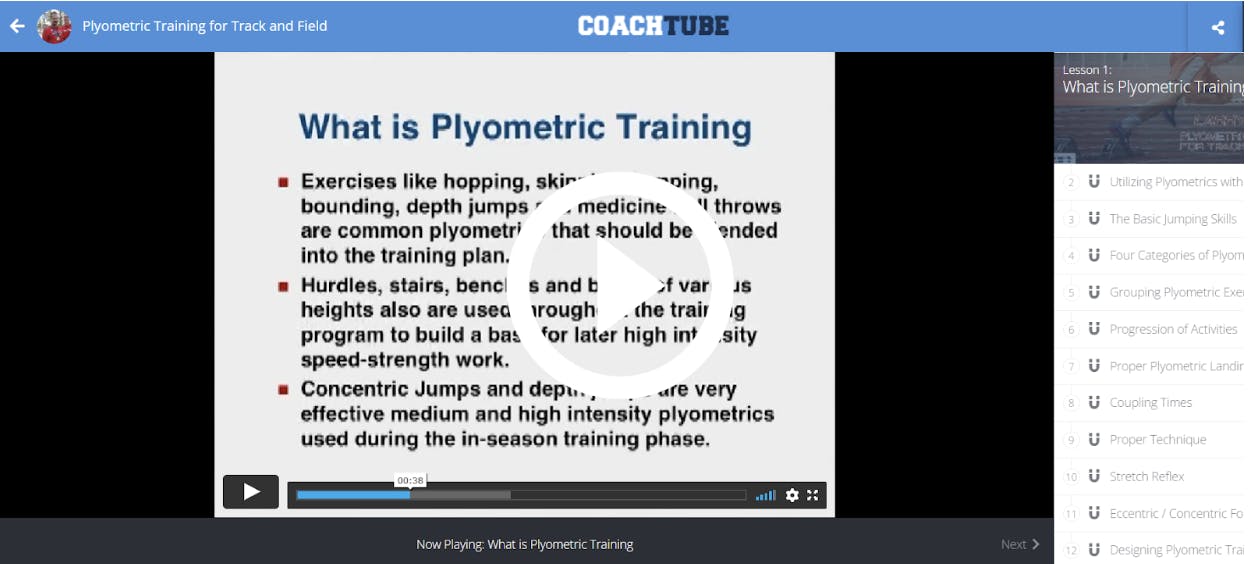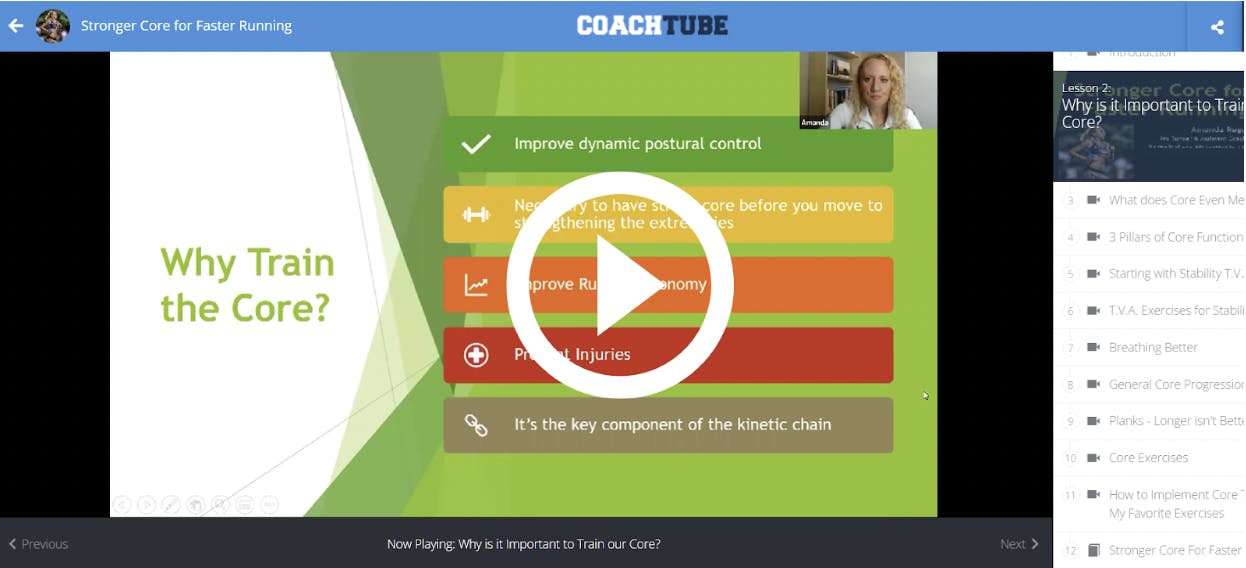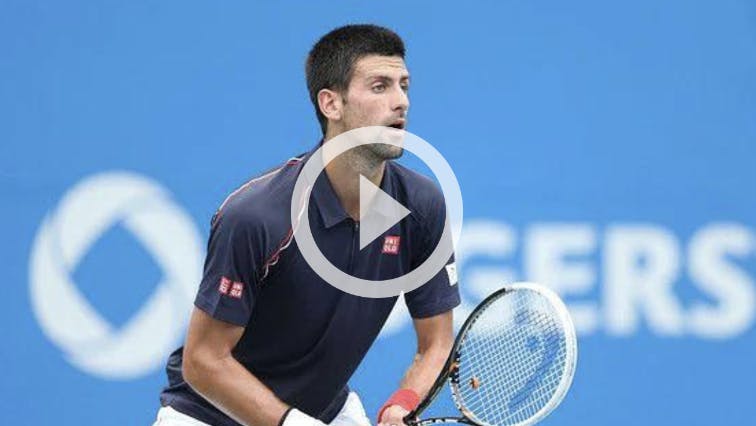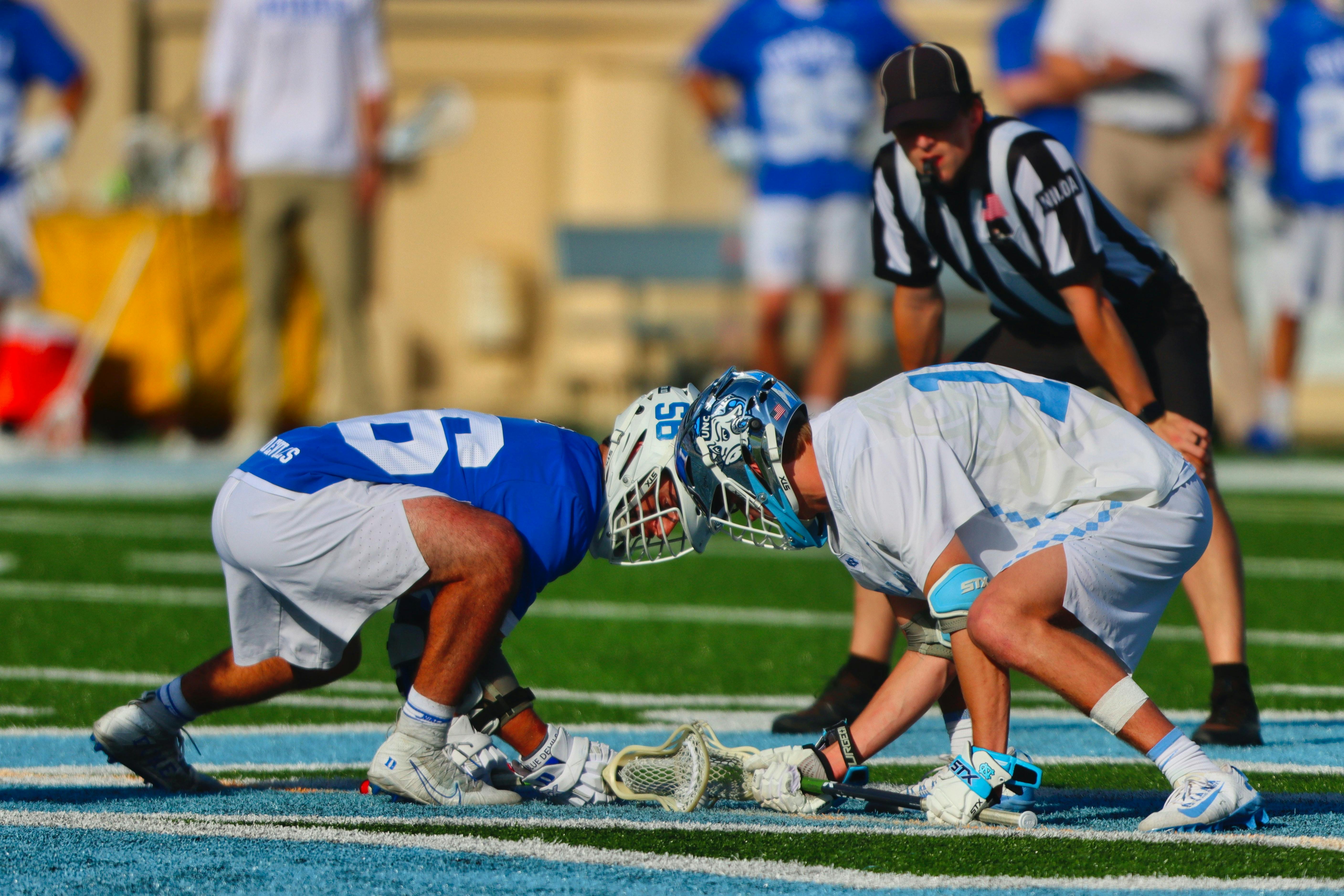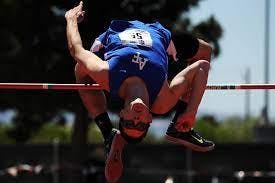
By Tyler Rathke
The Southeastern Conference (SEC) produces some of the most explosive athletes in track and field every year. The conference had winners in the men’s and women’s long jump, women’s triple jump, and women’s high jump. Taking 4 of 6 jumping events at last week's outdoor national championships in Eugene, OR.
Jasmine Moore of the University of Florida was the first athlete to ever win every conference and national championship in the long jump and triple jump in the same year. Florida Coach Nic Petersen takes us through the performance markers and assessments that he uses with his athletes to examine elite track and field performance ability.
Elastic strength is the ability of tissues to absorb, store, and release energy. This is imperative to building elite explosive power. Preparing the body positions by teaching and cueing them is key according to Coach Todd Lane of Louisiana State University. It wasn’t too long ago that LSU developed JuVaughn Harrison into a 6x national champion in the high and long jump.
Plyometrics are like glue that holds everything together for jumpers. Nic Petersen uses plyometrics to connect his athlete's acceleration and max-velocity training. He outlines the parameters that he considers in progression for his plyometric training.
Errors will be common in planning and developing elite explosive power. Very few have got it perfect in their plan in history. The best thing coaches can do is examine the mistakes of the past. Todd Lane examines 4 common errors when training jumpers.
While the SEC might be the most dominant league in recent years. If you’ve paid attention to the results, you’ll notice a couple other schools near the top with champions and all-americans in the recent events. Coach James Thomas of Texas Tech coached two women in the top 3 finishers in the triple jump and Coach Shawn Jackson of Texas Christian University coached the collegiate men’s triple jump champion.
Strength and conditioning is the foundation of any offseason track and field training program. Boo Schexnayder is a name synonymous with detailed training programs and systems for athlete physical preparation. In the following clip, the LSU legend describes key progressions and teaching points for key weightlifting exercises.
Plyometrics are shown to require high numbers of motor units during explosive contractions. This increases force production at high velocities. Coach Larry Judge, a mainstay in the collegiate track and field setting and coaches education for USATF describes exactly what Plyometrics are as an introduction to help coaches better understand exactly how to apply this activity into their own training.
The core is often considered the bridge between the high ground forces of plyometric training or sprinting and the upper body intensive lifting or coordination of limbs. Amana Rego former US olympic trials qualifier and associate head coach at MSU Denver explains 5 reasons why you need to train the core.
With a basic understanding of strength and conditioning, plyometrics, and core training you’ll give your athletes' summer workouts the boost they need to take them to another level!


